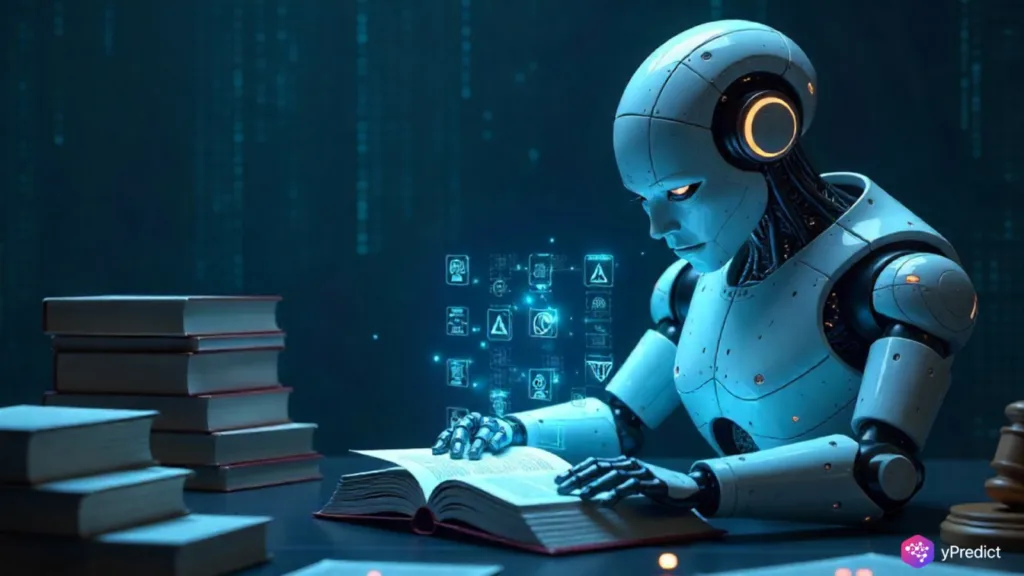
Anthropic just paid $1.5 billion to settle the biggest copyright lawsuit in US history AI firm behind Claude chatbot found training its system with pirated books Half a million authors sue after discovering their work in pirate databases Each author gets approximately $3,000 from the settlement. But here’s the twist: Anthropic employees thought they were stealing. Internal messages show employees were uncomfortable with ‘torrenting from corporate laptops’. One engineer explained to me that pirated content should be ‘outside of our morality limit’. But they went and pirated 7 million books, anyway. The company also raked in $13 billion just days before taking this massive payout. Their valuation hit $183 billion. This settlement changes the entire game for AI development.
The Smoking Gun Evidence
Court filings revealed Anthropic’s scary data habits. Workers resorted to shadow libraries like LibGen and Pirate Library Mirror. These sites have millions of books and papers pirated. Staff forward moralizing notes in company IMs but continued to download tunes. The evidence was overwhelming. Judge William Alsup ruled that buying and scanning those books to train AI is fair use! However, downloading from pirate sites clearly violates copyright law.
Three intrepid journalists launched this juristic joust of 2024. writers Andrea Bartz, Charles Graeber, and Kirk Wallace Johnson discovered their novels in Anthropic’s training sets. And they wouldn’t stop talking about this digital theft. Meta is also accused of training Llama models on stolen content. Internal documents show these firms prioritized speed over adherence. They wanted to build the best AI systems first. Court fines seemed distant and manageable. The Authors Guild emphasized that authors earn a median income of just $6,000/year. And yet, AI companies are profiting billions off their stolen work.
Industry Reckoning Begins
This settlement rattles Silicon Valley. Other AI companies have similar lawsuits, and can’t brush off this precedent. OpenAI battles New York Times for unlicensed article usageMusic labels sue Suno, Udio for training on copyrighted songsGetty images targets stability ai for image theft The lesson there is plain: piracy lands you in hot water.
Companies scramble to secure legitimate licenses. AP, FT and Reuters signed multimillion-dollar deals. And publishers now have leverage in these discussions that they never really had before. They should also be able to demand fair compensation for their content. A robust licensing market also undermines tech companies’ fair use claims in court.
Lawyers call this the AI industry’s ‘Napster moment.’ Just as music piracy got its reckoning, AI companies must reform. Damages could have been in the hundreds of billions had anthropic fought in court. Each work has as much as $150,000 in willful infringement damages. Smaller startups can’t sustain such expensive licensing deals. This may slow innovation but promotes ethical creative practices. Authors finally receive royalties for their creativity fueling billion-dollar AI systems.
What Happens Next
Last day of AI piracy today! And businesses must anticipate investing heavily in direct information capture. That pivot will cause development costs to skyrocket, but creates a more fair ecosystem for artists. And still future court decisions will likely continue to follow this framework when adjudicating copyright cases. Supreme Court may have to make room for fair use doctrine in the AI era Innovation can’t justify intellectual property infringement anymore. Industry is moving into a new era of collaboration, not exploitation.






